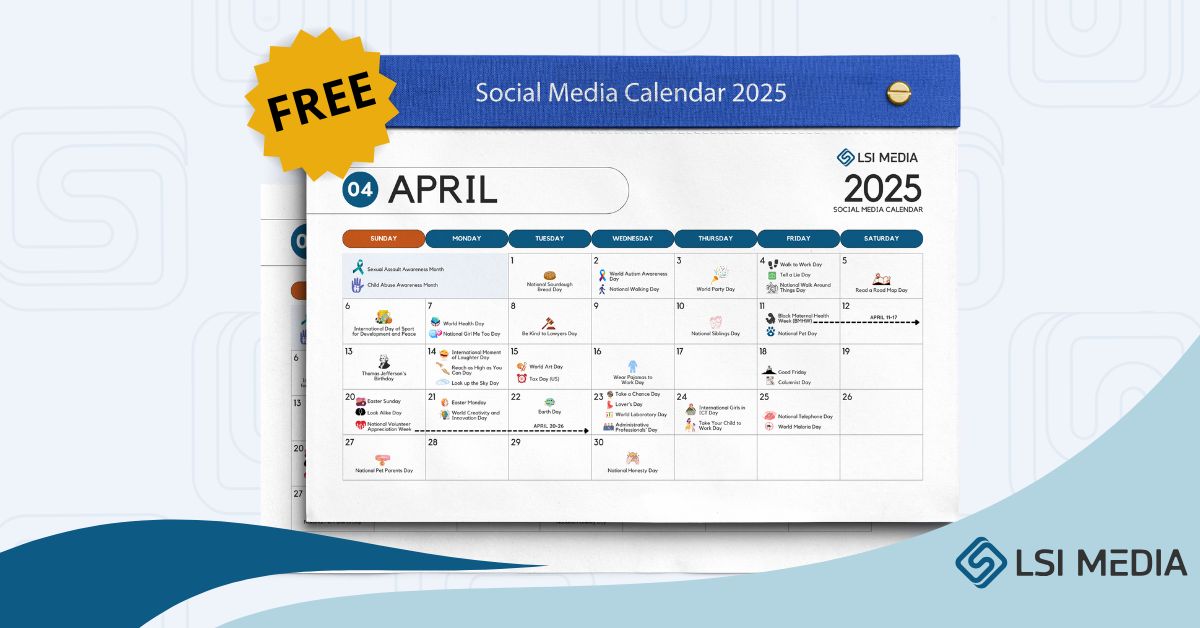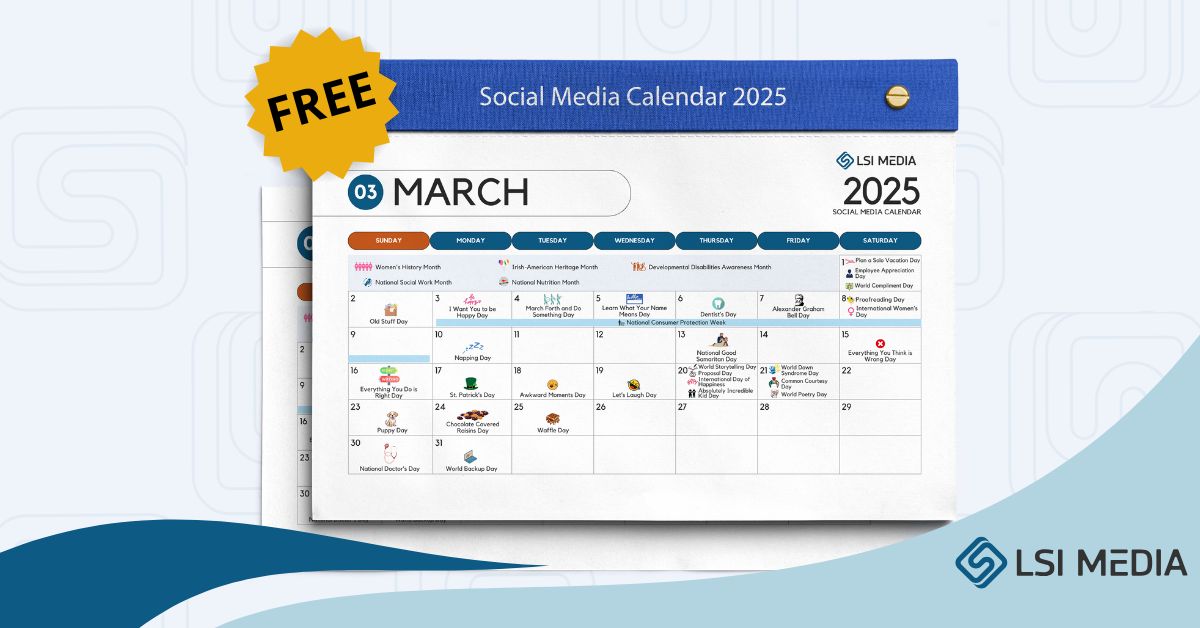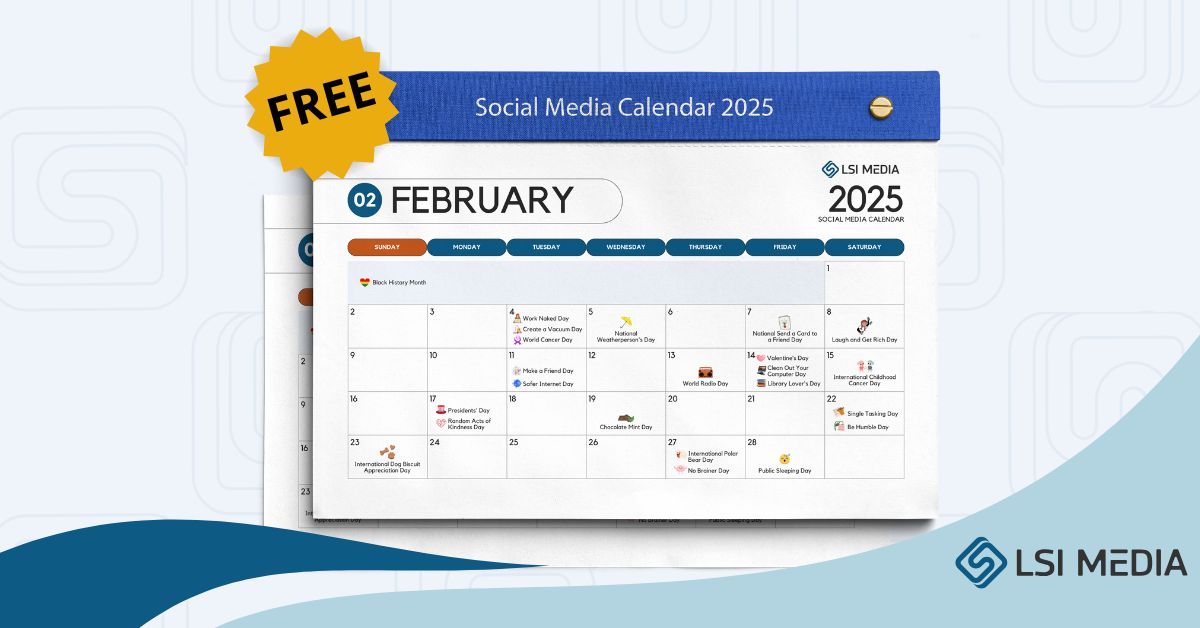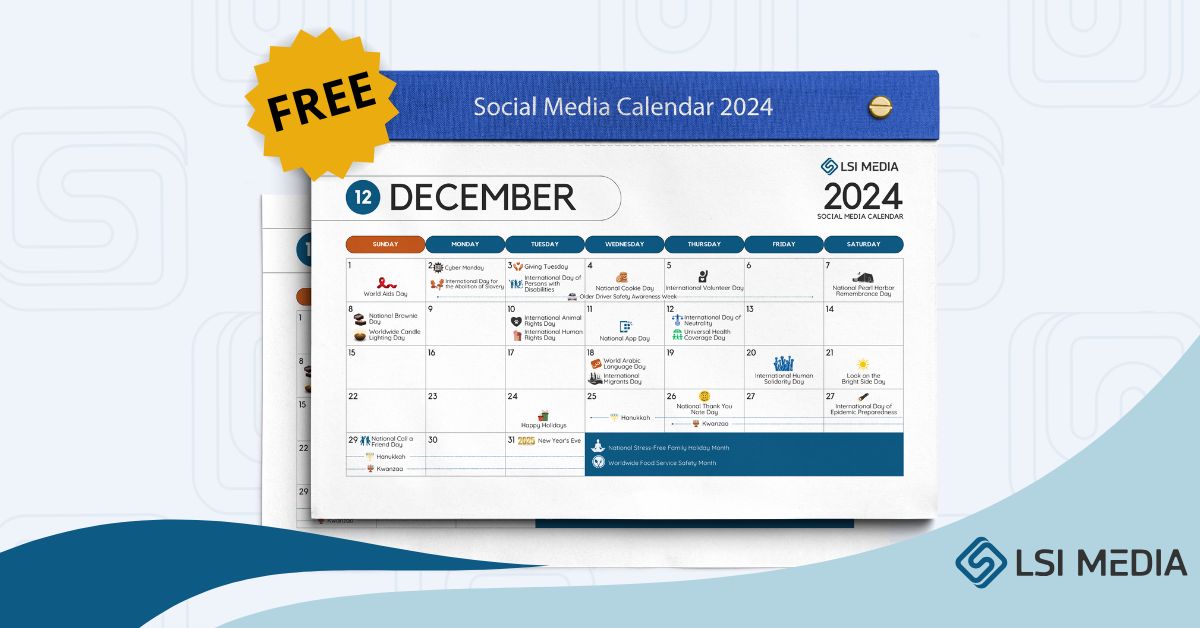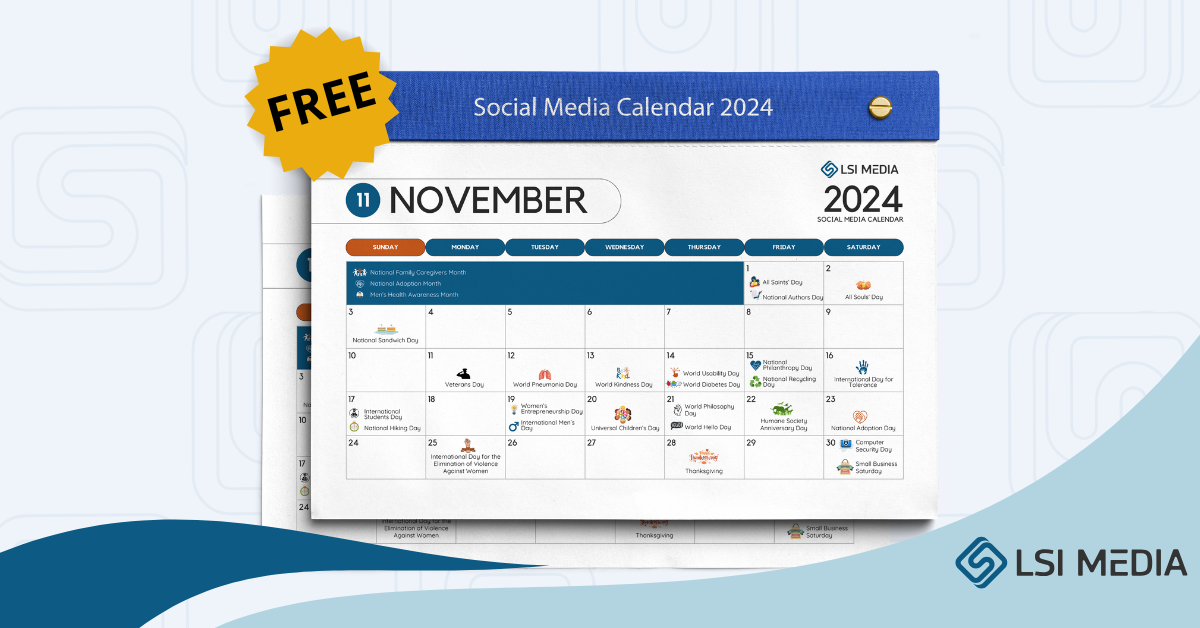[ez-toc]
Social Media Has Changed the Way Marketing Works
We now need to face the reality that social media is now taking marketing by storm unless you’ve been hiding on a deserted island with only a short-wave radio. Companies with websites today are now adopting social media marketing as much as they can. In this aspect, small businesses with their own websites should also find time to embrace it if they haven’t already done so.
In the modern business landscape, having social media in marketing is crucial for small businesses due to three key reasons. Firstly, social media platforms provide a cost-effective way to reach a broader audience and increase brand awareness. By engaging with potential customers through targeted content and advertisements, small businesses can enhance their visibility and attract a loyal following. Secondly, it enables businesses to gather valuable market insights and analyze competitor behavior.
This data-driven approach allows small businesses to make informed decisions and adjust their strategies accordingly. Lastly, social media platforms provide a direct channel of communication, facilitating real-time interactions with customers and building strong customer relationships. By actively engaging and listening to customer feedback, small businesses can foster trust and loyalty among their target audience.
3 Top Advantages of Using Social Media Marketing in Small Businesses
Here are 3 big reasons why and how small businesses on the internet will greatly benefit.
It’s Free, or at least, Low Cost
If your business is paying for a monthly internet connection (the faster the better), you indulge in all the internet marketing you want, and that includes social media. Let’s face the reality that while TV ads and full-page newspaper or magazine ads may benefit large and popular brands, they won’t work as well for small businesses.
Unless your company is advertising during the prime time for “Game of Thrones” or during the NBA playoffs, people nowadays are skipping newspaper and yellow pages ads. Instead, almost everyone’s attention is on the internet, mostly on mobile devices regardless of size.
What people are looking for now is anything on social media, be it with other persons or with businesses, which they can interact with. So, when you get on social media and interact with every potential customer before, during, and after they make a purchase, not only do you make successful conversions, but you can monitor what the customers feel about your brand.
You can have them share your content with others. And you can do all this practically free because it costs you nothing to open any social media account on Facebook, Twitter, LinkedIn, etc. Even if you hire a social media marketing company, it won’t cost so much.
Social Media Platforms Carry Huge Audiences
On Facebook alone, on any given day, you have around 600,000 users logging on each day in the United States alone. Twitter has been growing annually by 600 percent since 2008. Can you imagine if you can even tap into at least .5% of this number for your small business? A great advantage is that you can compartmentalize your target niche or try to narrow down you’re marketing in terms of age, race, sex, or even location.
It has been proven on Facebook alone that a successful localized internet marketing effort targeted at a certain locality will spread like wildfire since many localized Facebook locations know each other more or less. Many people today, while still appreciative of traditional ads, find these very impersonal and prefer the relationship-building that goes on with social media.
This is a marketing method not difficult to understand and it’s easier to study your market
Unlike large Fortune 500 companies that can hire equally large (and expensive) marketing firms to study and research marketing data, small internet businesses carry no such clout. But today, the Internet has somewhat leveled the playing field and small businesses can turn to Internet marketing and online tools not only to gather data but to also learn and get a feel for the reactions of the market on products, services, and brands. Initially, all a small business needs to do is browse through social media platform conversations. Apart from this, small businesses can even gather up ideas and suggestions to improve the current product, services, or even the company, something you won’t find in traditional marketing or other forms of internet marketing.
Video Source | YouTube.com
Social Media Marketing for Small Businesses
It has emerged as a powerful tool for businesses to reach their target audience effectively. Utilizing various social media platforms enables organizations to develop a comprehensive marketing strategy that creates brand awareness, engages with customers, and drives sales. An effective strategy involves identifying key objectives, selecting the appropriate platforms, implementing engaging content, and consistently tracking performance metrics.
By employing this strategy, businesses can leverage the immense potential of social media marketing to build strong customer connections, increase brand loyalty, and ultimately achieve their marketing goals.
1. Define your goals
Before diving into social media marketing, it’s important to clearly define your goals. Whether it’s increasing brand awareness, driving website traffic, or generating leads, having specific goals will help guide your strategy.
2. Identify your target audience
Understanding who your target audience is will help you tailor your messaging and content to resonate with them. Conduct market research to identify their demographics, interests, and online behaviors.
3. Choose the right social media platforms
Not all social media platforms are suitable for every business. Identify the platforms that align with your target audience and business objectives. Some popular options include Facebook, Instagram, Twitter, LinkedIn, and YouTube.
4. Develop a content strategy
Creating high-quality and engaging content is key to a successful social media marketing strategy. Determine the types of content that will best resonate with your audience, such as blog posts, videos, infographics, or user-generated content.
5. Engage with your audience
Social media is a two-way communication channel. Respond to comments, messages, and mentions from your followers to build relationships and show that you value their feedback. Encourage user-generated content and actively engage with it.
FAQs:
1. What is social media marketing for small businesses?
Social media marketing for small businesses refers to the use of social media channels such as Facebook, Instagram, Twitter, LinkedIn, and others to promote products or services, engage with customers, build brand awareness, and drive traffic to their websites.
2. Why is social media marketing important for small businesses?
Social media marketing is important for small businesses for several reasons:
- It allows small businesses to reach a large audience at a low cost compared to traditional advertising methods.
- It enables small businesses to engage with their target audience and build relationships with potential customers.
- It helps small businesses increase brand awareness and establish themselves as industry experts.
3. How can social media marketing help small businesses increase their customer base?
Social media marketing can help small businesses increase their customer base through various strategies:
- By using targeted advertising on social media platforms, small businesses can reach potential customers who are likely to be interested in their products or services.
- By creating engaging and shareable content, small businesses can attract new customers and encourage them to share their content with their own networks.
- By actively engaging with their social media followers, small businesses can build relationships and trust, which can lead to repeat business and referrals.












